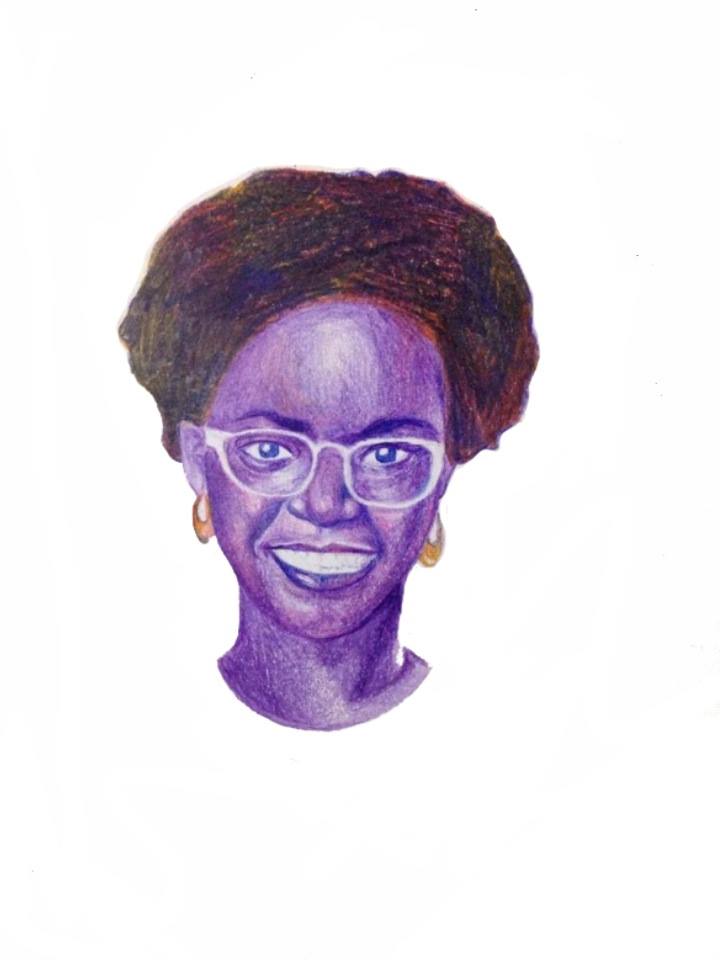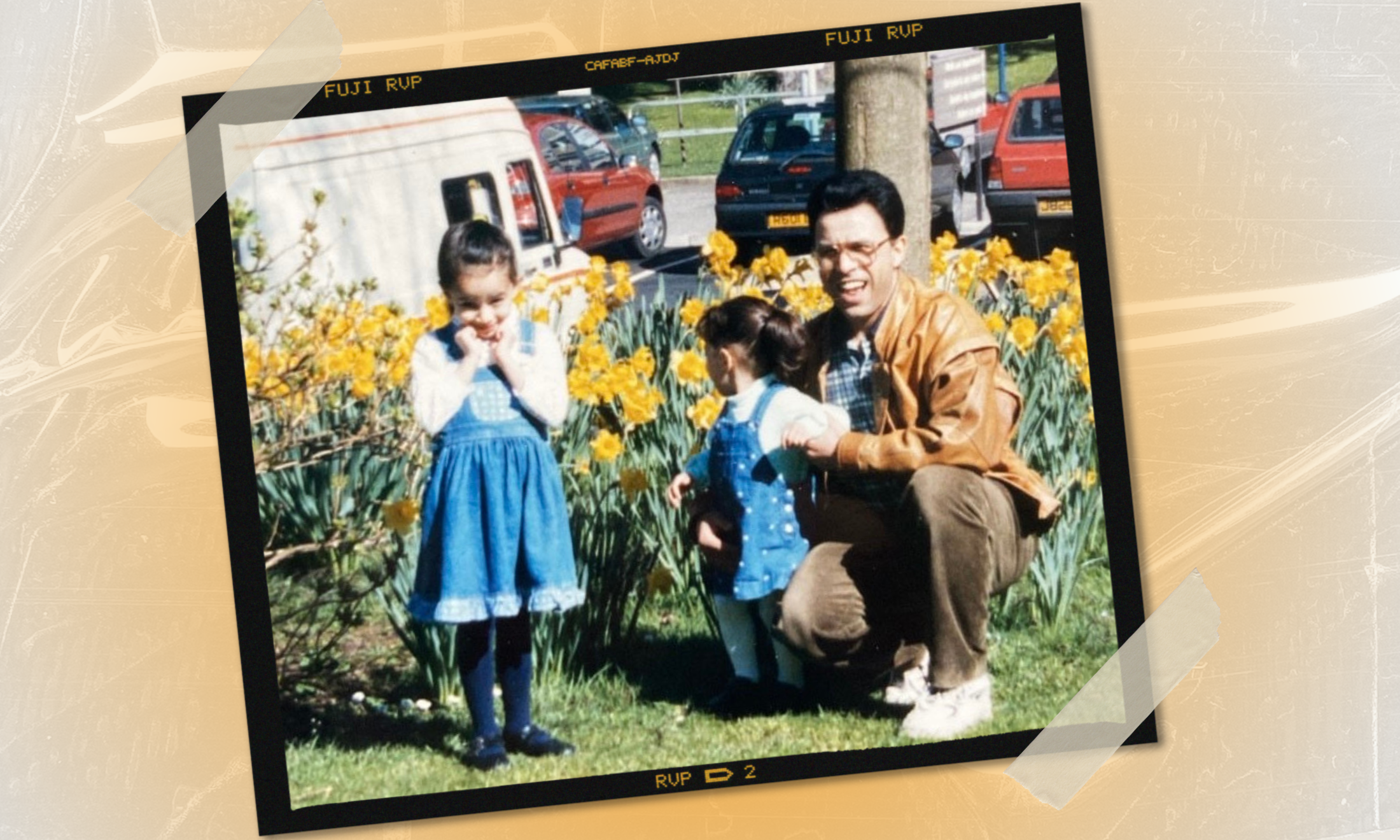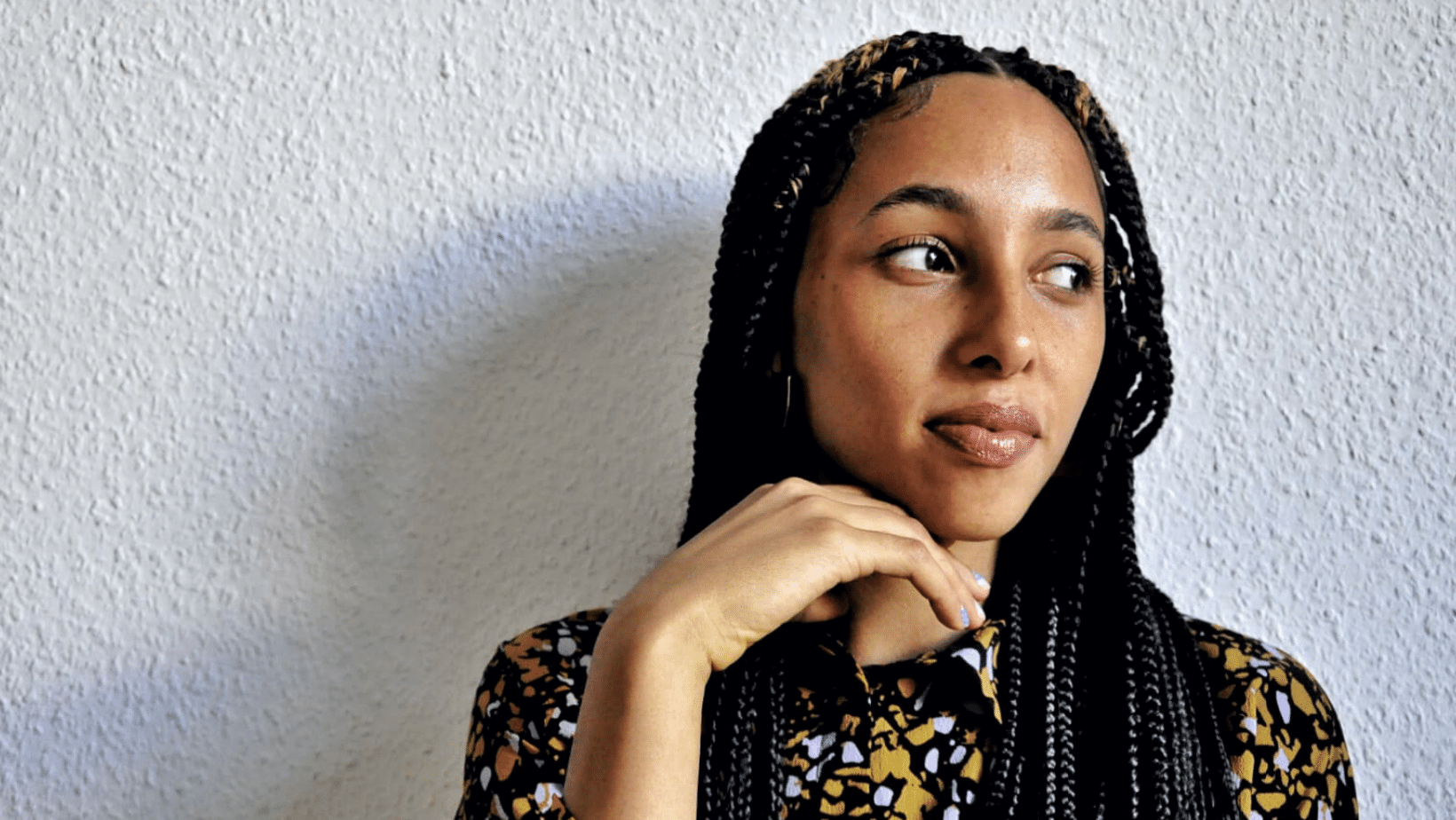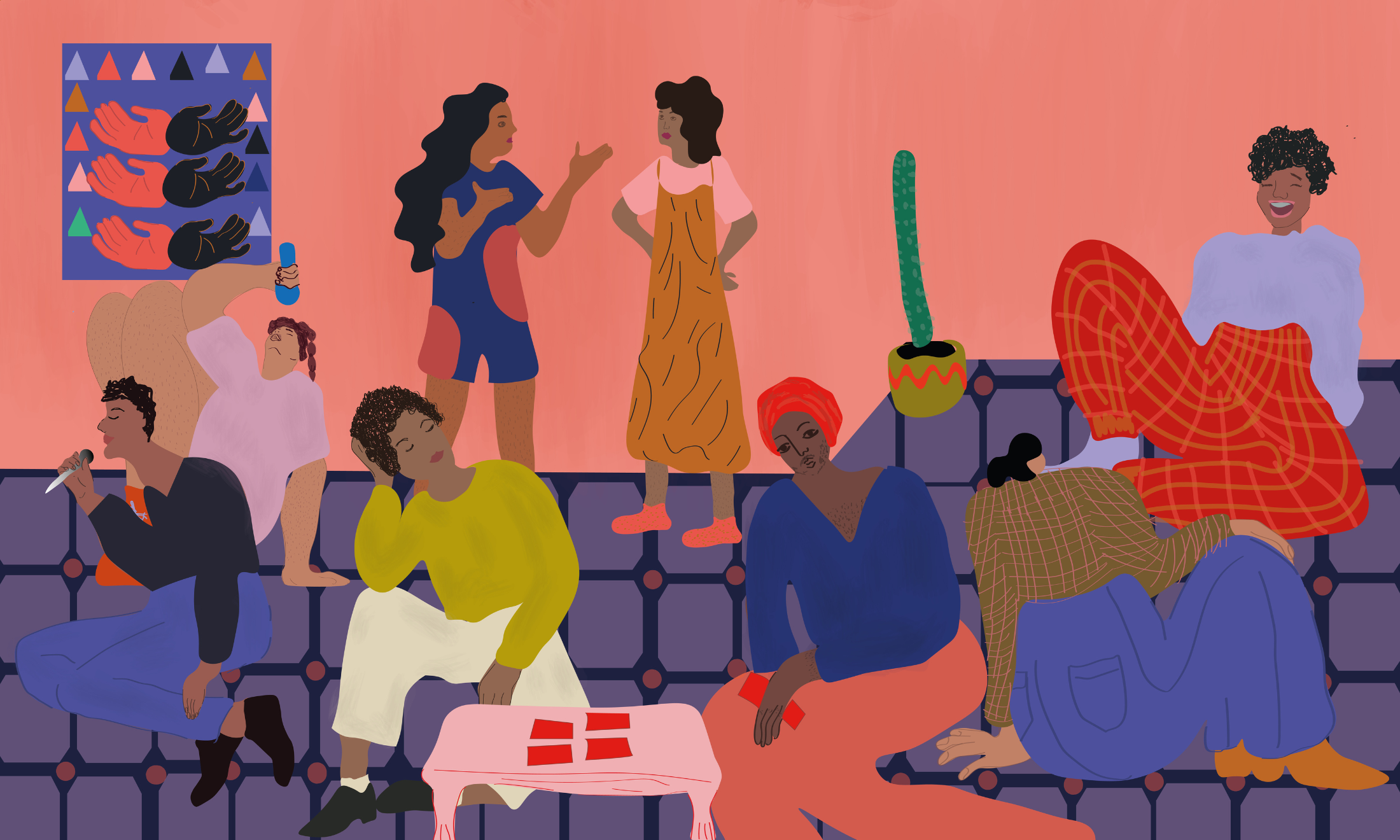
Author Reni Eddo-Lodge on white feminism, activism and her new book
Charlie Brinkhurst Cuff
27 May 2017
This interview is taken from gal-dem’s print edition, which was published in September 2016
Reni Eddo-Lodge is laughing bemusedly as she tries to explain to me her frustrations with the reaction to the title of her upcoming nonfiction book: Why I’m No Longer Talking To White People About Race.
“What I’m proposing in the book title is why I, me, am not choosing to talk to white people about race. The title of the book is not why ‘nobody should’. Some people have said it’s reverse racism against white people. But, well, the book’s not called ‘fuck whitey’, the book isn’t called ‘death to crackers’, it’s not called ‘kill white men’, that’s not what it’s called!”
Considering her profession, Eddo-Lodge, 26, is suitably bookish and keenly intelligent, with a dry sense of humour, a pretty smile, and a beautiful afro. As we talk, sitting amongst wood chips on the floor of Dalston’s Eastern Curve Garden on a hot summer’s day, she pushes her slipping glasses up onto the bridge of her nose. She has an unidentifiable English accent, but has written about her upbringing in south London. Her mother, who moved from Nigeria to the UK, left her abusive father when she was only six weeks old. “Sometimes we couldn’t afford to put the heating on,” Eddo-Lodge writes in a blog post. “Sometimes she went hungry for my sake; sometimes she’d risk the rent to buy me a birthday present.”
Eddo-Lodge’s mum also pushed her academically, and in 2009 she found herself at the University of Central Lancashire, studying English Literature. Unlike many black people going from the urban hub of London to a much smaller town, she didn’t find the transition too much of a shock, and flourished in the new environment, becoming involved in activism and, eventually, the president of her student union. Although she had been writing “diaries, blogs, myspace bulletins, everything” since a young age, it was her activism that propelled her into journalism.
“I’m not as activist because I’m not willing to put my body on the line, but I’m happy to support in other ways”
“I was elected onto the national executive of the NUS at the end of my time as president but I think I dropped out,” she says, talking about the reasons why she fell out of love with activism. “I don’t like the NUS – it was like a good primer for national politics, just the back-stabbing… The politics of the organisation were center-left to left, but the way everyone was going on was like the other person was the embodiment of fascism. It wasn’t for me. I think early bios from a few years ago would describe me as an activist but I’m not really, because I’m not willing to put my body on the line. I’m happy to support in other ways.”
After leaving activism behind her, Eddo-Lodge ended up being one of the first well-known black feminist writers who helped bring intersectionality – the way things like race, class, disability and sex can combine to cause discrimination or disadvantage – into mainstream dialogue. “It was when I started to think critically about race that things really took off for me,” she says. The book deal came a few years later, after she was commissioned by a New York Times editor to write about the housing crisis. This led not only to a big paycheck, but her first contact with her current literary agent. But, by this stage she says, she had already realised that she needed her own platform.
“The reason why I was very pleased and happy about that ultimately was because in 2013 I began to feel like, okay, I see what’s happening here around me and I’m constantly being pushed into a reactionary corner, having to respond to stuff about race and about feminism. I thought to myself, I really need to start doing this on my own terms, or else I can’t do it at all,” she says.
“Helping to change the rhetoric surrounding intersectionality has come at great personal cost”
She wrote an article last year detailing the following: “I’m no longer engaging with white people on the topic of race. Not all white people, just the vast majority who refuse to accept the legitimacy of structural racism and its symptoms.”
As the premise of her book demonstrates Eddo-Lodge’s ride in a white-dominated industry hasn’t always been easy, and she says that helping to change the rhetoric surrounding intersectionality has come at great personal cost: “When I did BBC Woman’s Hour on New Year’s Eve in 2013 with Laura Bates and Caroline Criado-Perez, I was the only black person in the entire discussion including the presenter,” she says. “It was a discussion where I was asked to account for the divisions in feminism because, of course, racism is only my problem, it’s not the problem of the white women involved, which I don’t think is the right framing at all. As I was trying to explain why we needed a race analysis of feminism, Criado-Perez started to try and equate my politics to people who bully and harass her online.”
In the segment of Woman’s Hour, which I’ve listened back to, Eddo-Lodge talks articulately about the public conversations that have been happening around race and feminism, and how the movement isn’t immune to structural racism. She is repeatedly and directly asked by the presenter to explain the challenges of intersectionality, and Criado-Perez’s interruption (albeit one she has since apologised for), is jarring.
I attended a court date which saw Criado-Perez’s online abusers convicted, and while, as she said in her victim impact statement, she was traumatised by her online abusers, her attitude towards Eddo-Lodge in the segment comes across as being almost as high-calibre “white feminist” as Lena Dunham’s attack of Odell Beckham Junior. After the show aired, Eddo-Lodge was also accused of being a “bully” by white, ex-Tory MP Louise Mensch.
“I have sparred sometimes with editors who just don’t get it”
Eddo-Lodge’s work ethic stands out. All journalists work hard, and while Eddo-Lodge says she had to “make a decision” to become self-motivated, I’m still impressed by her schedule of 6am starts. But, there has been a slight delay in the writing of her book. Last year she was admitted to hospital with severe anaemia and had to have a blood transfusion. Her haemoglobin levels were incredibly low and she was extremely busy, stressed, anxious and lethargic, she explains. “When I got back from Glastonbury in 2015 all I could do was lie down,” she says, “This has been the year where my health is in a much better position and I can sit down and really get the work done.”
And is she actually not speaking to white people about race anymore? “The people I choose to have around me now know me and know where I’m coming from so I don’t get any bad faith jibes. In terms of work I have sparred sometimes with editors who just don’t get it…”
Reni’s book, Why I’m No Longer Talking to White People About Race, is due out with Bloomsbury Publishing on 1 June









